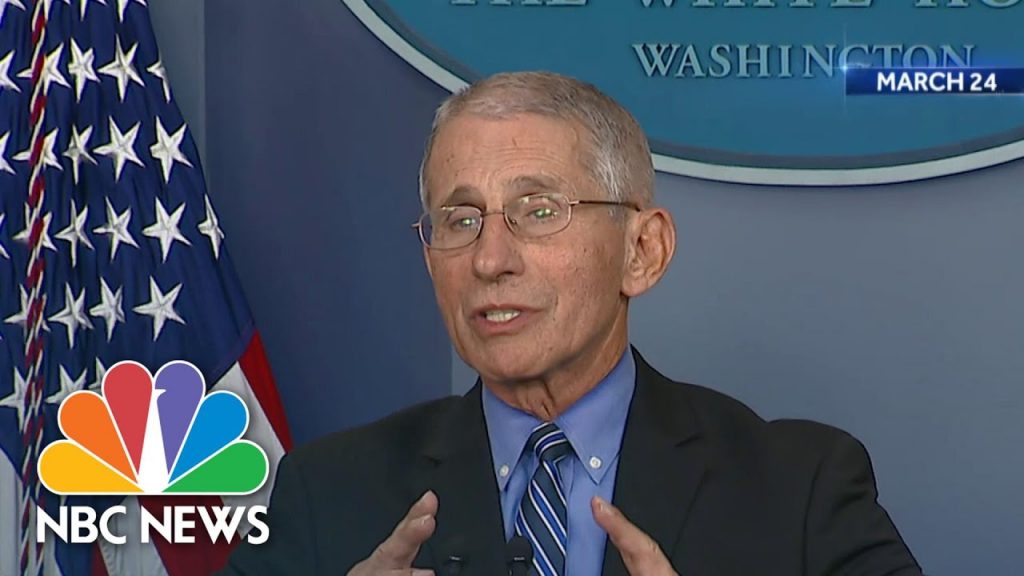Netanyahu Ousted After 12 Years As Israel’s Prime Minister

Israel’s Parliament on Sunday narrowly voted in favor of a new coalition government led by right-wing politician Naftali Bennett that brings to an end the 12-year rule of Benjamin Netanyahu, the country’s longest-serving leader.
The ouster of #Netanyahu marks a watershed moment for Israel as it is losing its longest-serving leader. He has actually served for a total of 15 years as Israel’s leader—with the past 12 years consecutively.
What are some of the challenges that the new coalition government may face, and how might they impact its ability to govern?
On June 13, 2021, Benjamin Netanyahu, Israel’s longest-serving prime minister, was officially ousted from his position after 12 years in power. The new government, led by Naftali Bennett, marks a historic shift for Israeli politics.
Netanyahu’s tenure as prime minister was marked by both domestic and international controversy. He faced numerous corruption charges, including accusations of bribery, fraud, and breach of trust. He also pursued a hardline approach to the Israeli-Palestinian conflict, expanding Israeli settlements in the West Bank and pursuing a confrontational approach to Hamas in the Gaza Strip.
Despite these controversies, Netanyahu remained a popular figure in Israeli politics. He was a skilled orator and a master of coalition building, able to maintain his grip on power through multiple election cycles.
However, in the most recent election, Netanyahu’s Likud party, along with its allies, failed to secure a parliamentary majority. As a result, the opposition parties were able to form a coalition government with a razor-thin majority of 61 out of 120 seats in the Knesset, Israel’s parliament.
The new government, led by Bennett, a right-wing politician, includes a diverse array of parties from across the political spectrum, including both Arab and Jewish parties. It is the first time in Israeli history that an Arab party has been included in a governing coalition.
The coalition agreement includes a wide range of policy initiatives, including investments in education and infrastructure, reforms to the healthcare system, and measures to combat corruption. It also includes a commitment to maintaining a strong, secure Israel while pursuing a more cooperative approach to the Israeli-Palestinian conflict.
The new government is not without its challenges, however. It remains to be seen whether the diverse array of parties in the coalition will be able to work together effectively, particularly given their differing policy priorities. The government will also face significant opposition from the Likud party and its supporters, who are likely to continue to support Netanyahu and his policies.
Nevertheless, the ousting of Netanyahu marks a significant moment for Israeli politics. It represents an opportunity for a new era of cooperation and progress, and a chance to address some of the longstanding challenges facing Israel and the wider region. As the new government takes office, all eyes will be watching to see how it navigates the complex political landscape and delivers on its promises to the Israeli people.









Man intentionally derailed train near hospital ship
Harvey Weinstein guilty on 2 of 5 counts
52 percent of voters approve of Trump’s economy: poll
Trump continues to put pressure on the Fed to lower rates
COVID-19 empties out New York